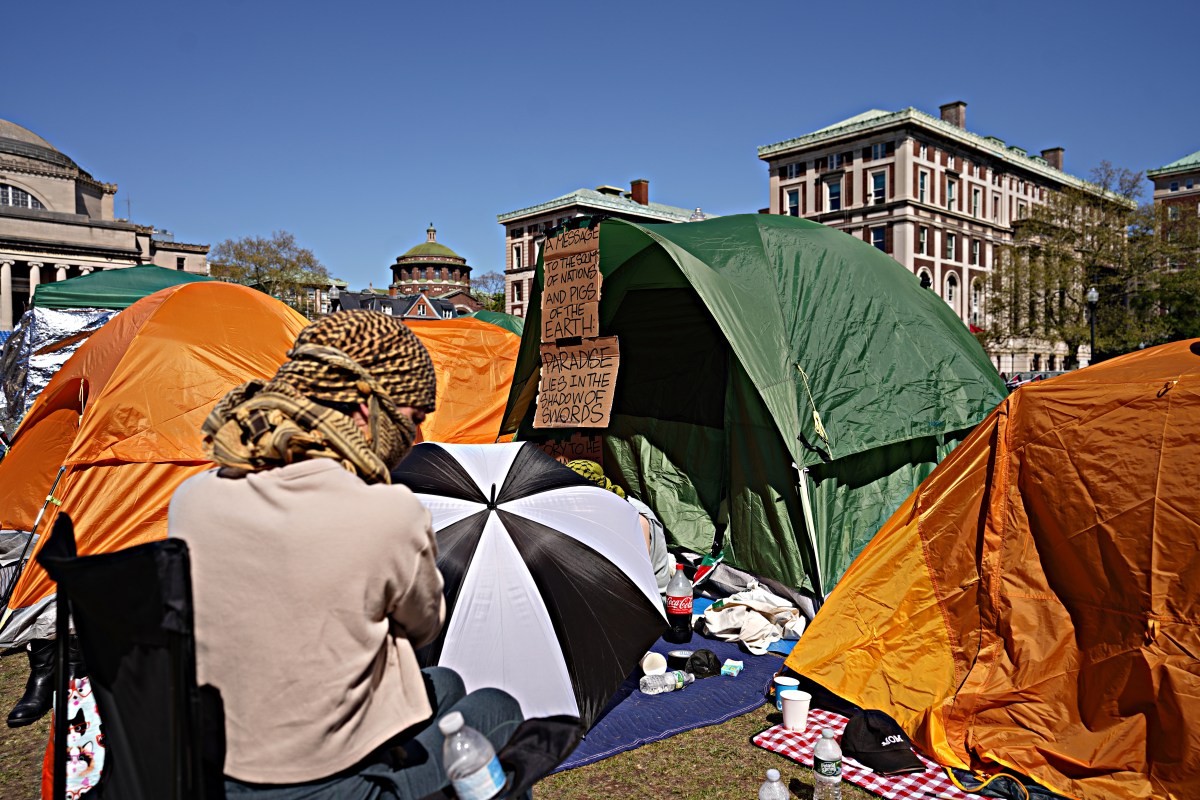TORONTO – Nearly two decades after almost being destroyed in a firebombing, the Toronto Women’s Bookstore is once again fighting for its survival.
Earlier this week, the 36-year-old bookseller issued a desperate plea to its patrons, revealing that financially it was “in crisis” and needed funds urgently to stay open.
It’s a plea that’s sure to resonate with the few remaining women’s bookstores in Canada. The country once had upwards of a dozen such stores, but those numbers have shrunk drastically: according to women’s rights website section15.ca, feminist bookstores in Calgary, Saskatoon, Hamilton, London, Ont., and Sudbury, Ont. have all closed their doors since 2004.
The Toronto Women’s Bookstore recently tweeted that there were only 21 stores worldwide, down from 125 in 1994. But those in the women’s movement say it’s market forces – not a declining interest in feminism – that’s bringing the stores ever closer to the final chapter.
“I think it’s much more the difficulty of small independent bookstores surviving when Chapters controls 70 per cent of the market,” said Judy Rebick, a well-known activist and writer who sat on the Toronto Women’s Bookstore’s board of directors in the 1990s.
“Everything is done to satisfy them. So if you have a small press, it’s very difficult to get your books sold. And it’s very difficult for small bookstores to survive, because they can’t match the discounts.”
Founded in 1973, the Toronto store was at the forefront of the women’s rights movement, said Rebick.
It was nearly obliterated in 1992 by a firebomb that was intended for an abortion clinic run by Henry Morgentaler, but instead demolished the bookstore upstairs.
If no money came in, the store could probably “struggle along” until next May but no longer than that, said Robyn Bourgeois, the chair of the non-profit organization’s board of directors.
Ideally, the board is hoping to raise $120,000, said Bourgeois. That would keep the store – which sells books exploring midwifery, domestic assault, issues facing transgendered people, and dozens of other topics – operating for another year, she said.
“We do definitely need to pay our bills in January, and we’re at the point where we’re not able to do that. It’s pressing,” said Bourgeois.
Bourgeois, who teaches women’s and gender studies at the University of Toronto, says she doubts the challenges facing women’s bookstores has anything to do with a lack of interest in feminism.
Rather, it’s primarily competition from large book retailers who can sell online cheaply and offer larger discounts, said Bourgeois. Between 70 and 75 per cent of the store’s sales are tied to university courses, a market that’s also undergoing a “substantial” change as more professors assign online material, she said.
“My students are just as passionate about feminism today as I think I was 10 years ago. In fact, I think they’re more so, even,” said Bourgeois.
Some women may be less likely, however, to define themselves as feminists – and therefore shop at a women’s bookstore – even though they are still engaged with “traditional feminist issues” like race, class, or human rights, said Evelyn Huer, co-owner of Mother Tongue Books in Ottawa.
“Where a woman’s bookstore may have been the only place to find that material before, now, it can be available in more places,” said Huer.
Feminist organizations of all stripes, not just bookstores, have been hit hard by a “lack of support” over the past few years, particularly since the Conservative government came to power in Ottawa, said Margaret Phillips, the owner of the Northern Woman’s Bookstore in Thunder Bay, Ont.
The government’s drastic changes to Status of Women Canada in 2006 – which cut off funding for women’s groups that do lobbying, advocacy – and general research, raised the ire of feminists across the country.
“When a women’s centre closes down or a feminist regional organization closes down, that affects everybody,” said Phillips.
“And it affects women’s bookstores too, because those people are not there to promote and support women’s books.”
Losing the Toronto store would be “a blow” to the women’s movement, said Phillips, who celebrated her own store’s 25th anniversary earlier this year.
As for the future of the industry, it’s likely online, says Louise Hager, who was the co-owner of Vancouver’s Women in Print for 12 years before having to close in 2005.
“There is already a feminist presence online. There are feminist online magazines, young women who call themselves feminists doing activism online and publishing,” said Hager.
When Hager got into the business, Women in Print was one of five women’s bookstores in British Columbia. Today, she says, there are none.
Like those still in business, Hager says she struggled to compete with major book retailers. But women’s booksellers are also limited, she adds, by the fact that “men will not read women’s writing.”
“A lot of people do believe feminism is dead. I don’t. But that seems to be the mainstream take on it,” Hager said.
Since issuing its plea, more than 1,000 people have joined a Facebook event called “Save the Toronto Women’s Bookstore.”
Bourgeois says supporters have been coming by the store to do their Christmas shopping and donating cash – including one “nice donation from a very valued customer in the United States,” she said.















